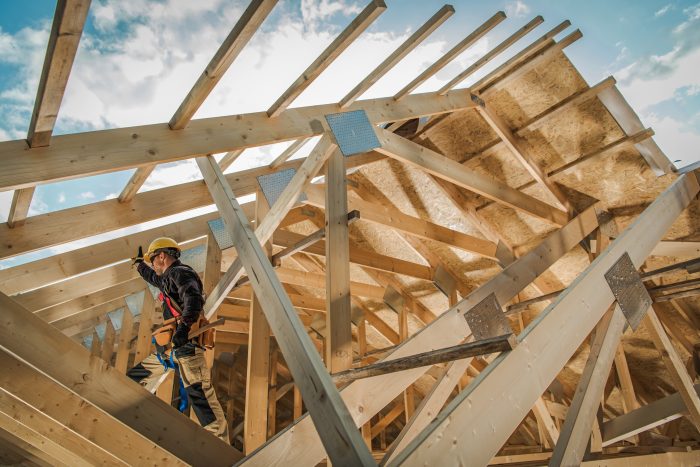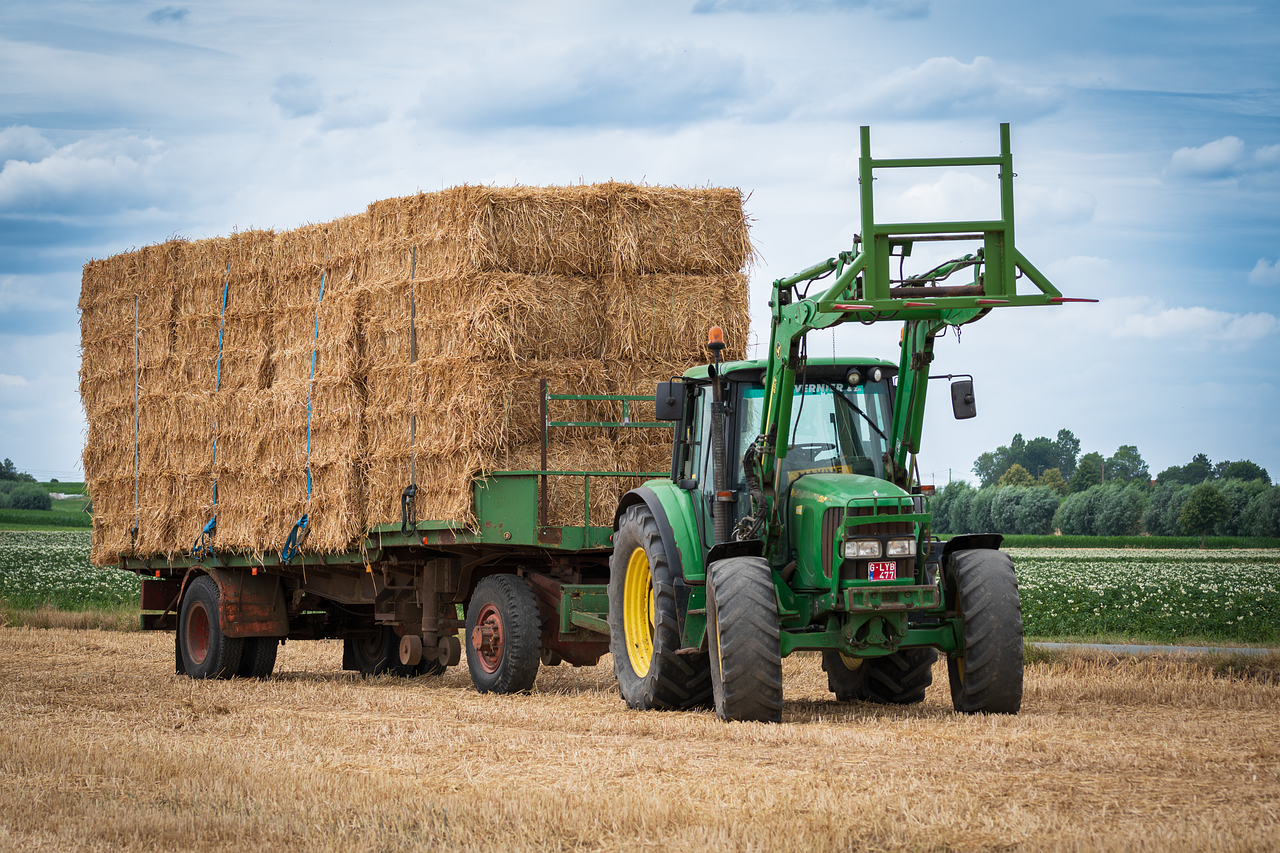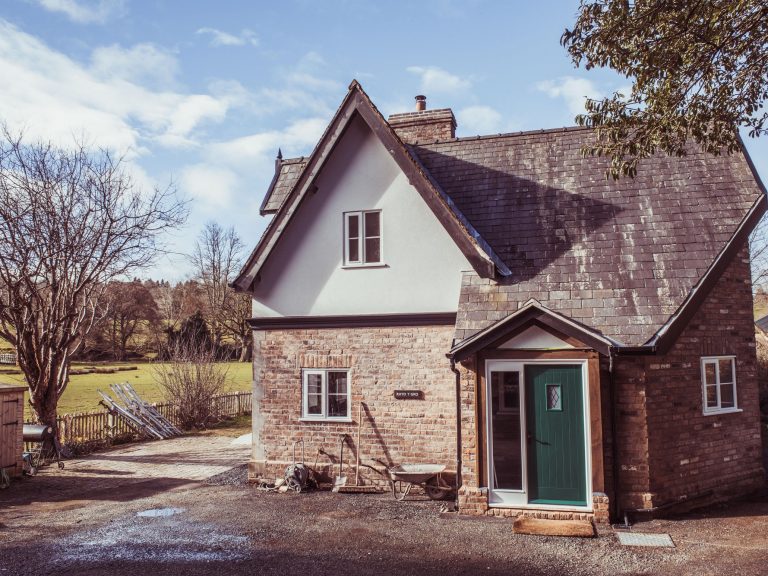The UK agriculture industry could benefit from the use of sustainable and locally sourced materials such as straw in the construction industry.
Following their successful promotion of Welsh wool in building design, Hughes Architects is turning its focus to another sustainable and locally sourced material - straw.
According to Doug Hughes, Principal Architect and Managing Director of the Newtown-based architectural and planning practice, this innovative approach not only reduces a building's environmental impact but also strengthen the Welsh agricultural sector.
“Straw bales offer a remarkable and versatile option for house construction,” said Doug. “They provide superior insulation, helping to regulate internal temperatures and reducing energy consumption. Additionally, straw is a readily available, renewable resource, making it a sustainable choice for eco-conscious homeowners.”
According to a report by the University of Bath, straw walls in new houses can provide two times more insulation than required by current UK building regulations. It found energy bill reductions of up to 90 per cent could be achieved.
The various ways straw can be incorporated into building projects include load-bearing walls where, stacked like bricks, straw bales can form the primary structure of a house, offering excellent thermal performance and reducing the need for traditional framing materials.

Straw can also provide insulating infill. When combined with a timber frame, straw bales can be used within wall cavities, providing superior insulation compared to conventional methods.
A more traditional use is in thatching. This traditional technique, using a specific type of long-strand straw, creates a beautiful and weatherproof roof covering.
“Straw, a by-product of cereal crops, often has limited uses. Construction projects create a new demand stream, offering economic benefits to the agricultural community,” added Doug.
“We’re committed to promoting sustainable building practices that benefit both the environment and the local economy. Straw bale construction perfectly embodies this philosophy. It reduces our reliance on less eco-friendly materials while creating new opportunities for the farming industry.”
This initiative echoes Hughes Architects previous promotion of wool in building insulation. It not only highlighted the material’s natural benefits but also supported Welsh sheep farmers who could benefit from a wider use of theby-product.
“We believe straw bale construction has the potential to become a sustainable and natural product in the construction industry. By offering innovative and sustainable solutions, we hope to inspire a future where environmental responsibility goes hand-in-hand with supporting the local economy and architectural values,” said Doug.



